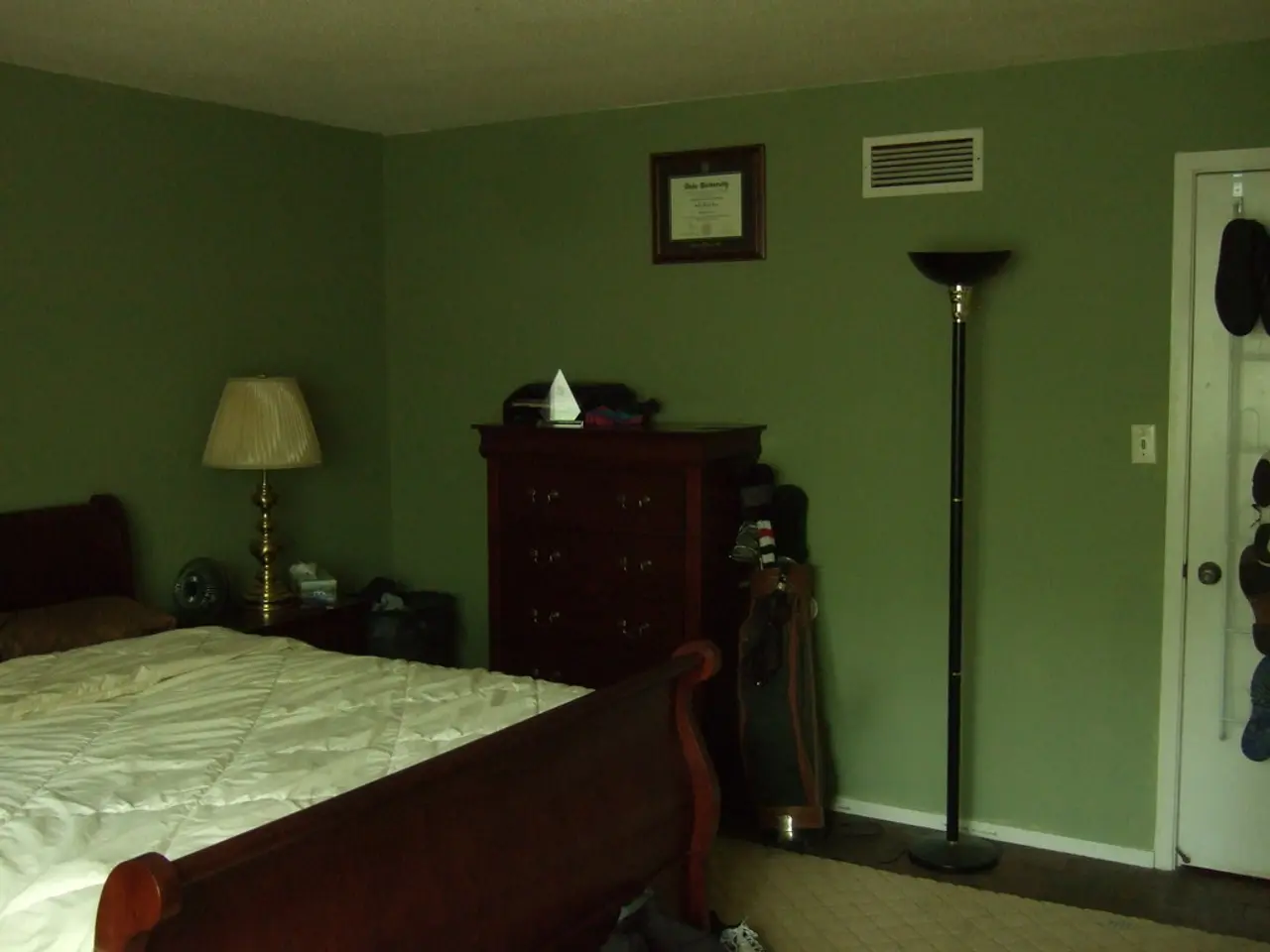House Purchase Checklist: Essential Elements to Consider when Acquiring Real Estate
Buying a house in Germany can be an exciting yet daunting experience, especially for first-time homebuyers. To help you prepare, we've compiled a list of essential factors to consider when planning your purchase.
Firstly, it's crucial to be aware of the additional costs that come with purchasing a property. These costs, known as *Nebenkosten*, typically range between 7% and 12% of the property’s price.
The property transfer tax (Grunderwerbsteuer) is one such cost, varying by region and amounting to 3.5% to 6.5% of the purchase price. Notary fees (Notarkosten), land register fees (Grundbuchkosten), real estate agent commission (Maklergebühren), and property appraisal fees (Gutachter) are other common components of these additional costs.
For instance, if you're buying a property for €250,000, you can expect to pay an additional €17,500 to €30,000 in these fees on top of the purchase price.
Before entering the house for the first time, it's advisable to get an impression of the area and neighbourhood beforehand. Preparing thoroughly for the house viewing appointment, paying attention to defects and damage, and asking the seller the right questions will help you make an informed decision.
It's also essential to ask the seller to show you the energy certificate of the house. This will give you an idea of the energy costs to expect. An energy certificate is legally required when selling a house.
To ensure you're making a wise investment, research the prices of comparable houses. This can be done online on real estate portals, in local newspaper ads, or by checking the German Real Estate Association's annual housing price index and the local cadastre office's data on past real estate transactions in the region.
Remember, the real estate transfer tax in Germany is between 3.5% and 6.5% depending on the federal state. Only sign the purchase agreement if you're fully satisfied with all the contract terms. By law, there is a 14-day right of withdrawal for the loan agreement.
Don't sign the purchase agreement until you have the final financing approval. It's also recommended to obtain at least three mortgage offers from different intermediaries and credit institutions.
A financial check-up is crucial before buying a house. This involves comparing income and expenses, checking reserves, and considering additional purchase costs such as notary fees, real estate agent fees, land registry entry, and real estate transfer tax, which varies regionally in Germany.
Before buying a house, it's crucial to do a thorough inspection. Consider hiring a home inspector, a certified professional who can identify potential defects, estimate repair costs, and assess whether the house is worth the asking price. This information is invaluable for price negotiation.
Lastly, it's worth noting that the KfW Bank promotes house buying and building, offering funding for houses that meet a certain energy efficiency standard. Various state funding programs, such as the child homebuyer benefit, BAFA subsidy, and residential Riester, are also available to support homebuyers.
In conclusion, by being well-informed and prepared, you can navigate the costs of buying a house in Germany effectively. With careful planning, you'll be well on your way to finding your dream home.
- In addition to the property's price, it's crucial to account for various other costs, such as notary fees, land register fees, real estate agent commission, and property appraisal fees, collectively referred to as 'Nebenkosten', which range between 7% and 12%.
- To make an informed decision during a house viewing, it's advisable to research the area and neighborhood, prepare thoroughly, pay attention to defects and damage, and ask the seller the right questions about the property and associated costs.
- To ensure a sound investment in real estate and manage your personal finance wisely, a financial check-up is essential before buying a house. This involves comparing income and expenses, checking reserves, and considering additional purchase costs.




